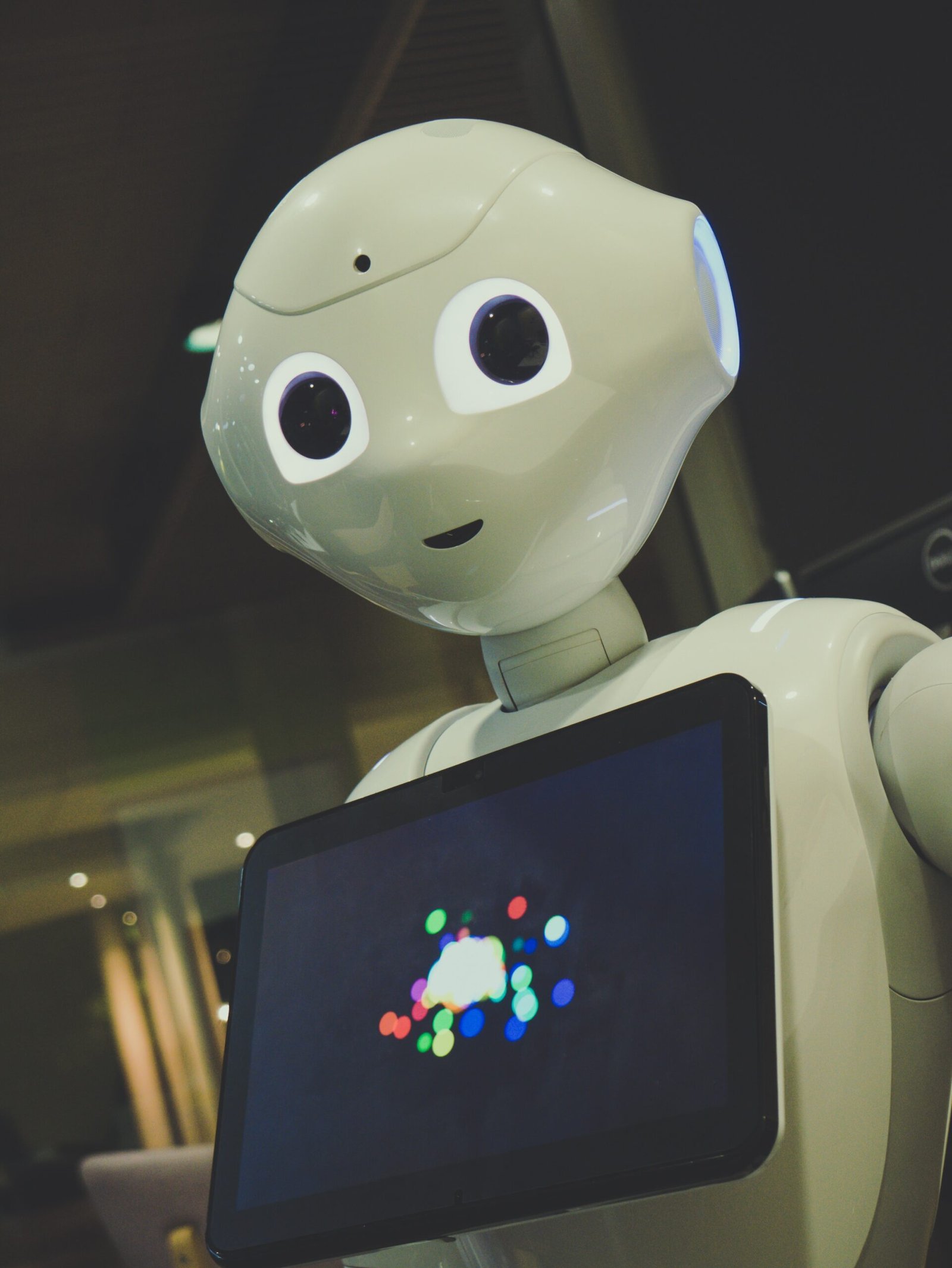Introduction
Artificial Intelligence (AI) has become a buzzword in recent years, captivating the attention of individuals and industries alike. In this blog post, we will delve into the details of AI and explore its current landscape in 2023.
Understanding AI
AI refers to the development of computer systems that can perform tasks that would typically require human intelligence. These tasks include speech recognition, problem-solving, decision-making, and learning. AI systems are designed to analyze vast amounts of data, identify patterns, and make predictions or recommendations based on that analysis.
There are two types of AI: Narrow AI and General AI. Narrow AI, also known as Weak AI, is designed to perform specific tasks within a limited domain. On the other hand, General AI, also known as Strong AI, aims to possess human-like intelligence and the ability to understand and perform any intellectual task that a human being can do.
Applications of AI
AI has found numerous applications across various industries, revolutionizing the way we live and work. Some of the key areas where AI is making a significant impact include:
- Healthcare: AI is being used to improve disease diagnosis, drug discovery, personalized medicine, and patient care.
- Finance: AI algorithms are used for fraud detection, risk assessment, algorithmic trading, and customer service.
- Transportation: AI is driving advancements in autonomous vehicles, traffic management, and logistics optimization.
- Education: AI-powered tools are enhancing personalized learning, adaptive assessments, and intelligent tutoring systems.
- Manufacturing: AI is being used for quality control, predictive maintenance, and process optimization.
Challenges and Ethical Considerations
While AI holds tremendous potential, it also presents certain challenges and ethical considerations that need to be addressed. Some of these include:
- Data Privacy: AI systems rely heavily on data, raising concerns about privacy and the responsible use of personal information.
- Job Displacement: The automation of tasks through AI has the potential to replace certain jobs, leading to unemployment and the need for reskilling.
- Algorithmic Bias: AI algorithms can inadvertently perpetuate biases present in the data they are trained on, leading to unfair outcomes and discrimination.
- Transparency and Accountability: The decision-making processes of AI systems can sometimes be opaque, making it challenging to understand and address any errors or biases.
The Future of AI
As we look ahead to the future of AI, several exciting developments are on the horizon:
- Advancements in Deep Learning: Deep learning, a subset of AI, is expected to continue evolving, enabling more complex and sophisticated AI systems.
- Explainable AI: Efforts are being made to develop AI systems that can explain their decision-making processes, enhancing transparency and accountability.
- AI and Robotics Integration: The integration of AI and robotics is expected to lead to significant advancements in fields such as healthcare, manufacturing, and automation.
- Ethical AI Frameworks: There is a growing emphasis on developing ethical frameworks and guidelines for the responsible development and deployment of AI systems.
Conclusion
AI continues to revolutionize various industries, offering immense potential for improving efficiency, productivity, and decision-making. However, it is crucial to address the challenges and ethical considerations associated with AI to ensure its responsible and fair use. As we move forward, it is essential to prioritize transparency, accountability, and the development of ethical frameworks to shape the future of AI in a positive and inclusive manner.











